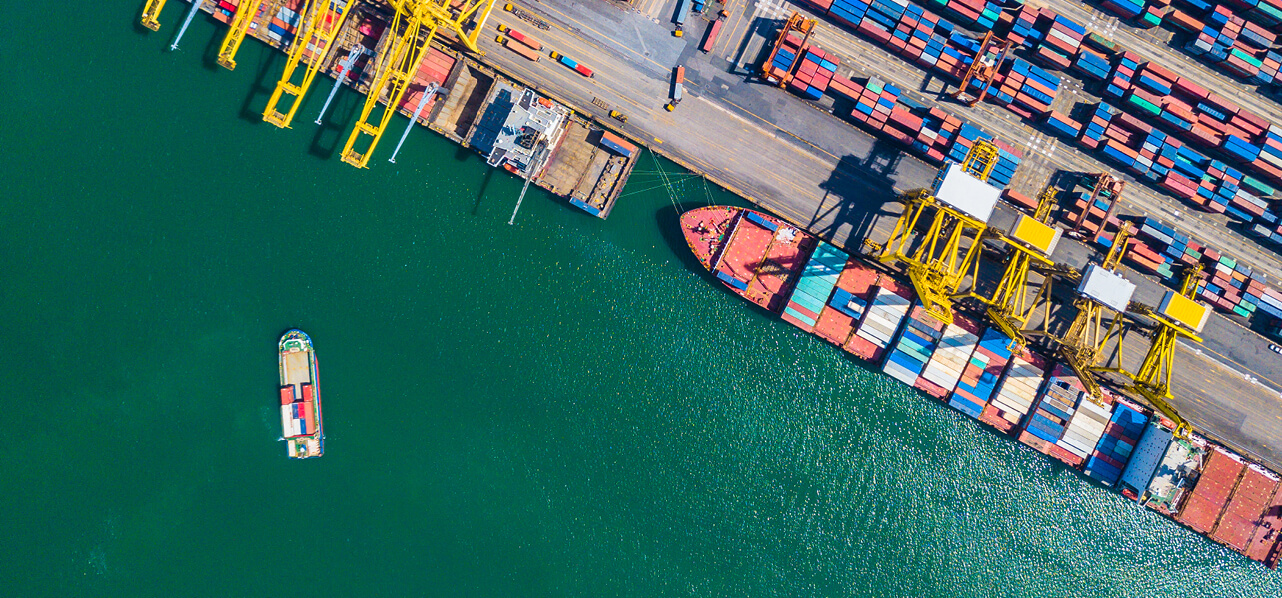Overview
On May 28, the US Department of the Treasury’s Office of Foreign Assets Control (“OFAC”) amended the Cuban Asset Control Regulations (“CACR”) slightly easing US sanctions on Cuba. One significant change is the reinstatement of an authorization for so-called “U-turn” payments, which will allow US banks to process certain US dollar payments in relation to Cuba. See here and here for our previous discussion of Cuba sanctions. The U-turn license was previously issued in March 2016 by the Obama administration but was revoked by the Trump administration in September 2019.
While the license will slightly ease non-US persons’ ability to trade with Cuba, several pitfalls remain, so parties wishing to do business with Cuba should continue to exercise caution.





